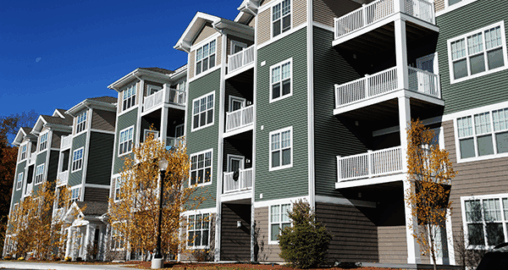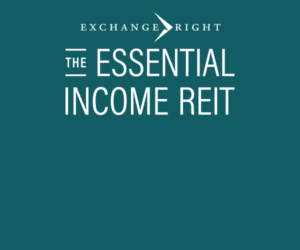Will COVID-19 Trigger “Force Majeure” Clause in Real Estate Contracts?

March 19, 2020 | Franco Faraudo | Popmodo.com
We are all witnessing one of the most dramatic changes to the world’s economy in modern history. The COVID-19 virus has brought life for many to a screeching halt. It has sent our financial markets tumbling and has prompted governments to force the closure of any non-essential establishments. The world seems to be moving so fast that even as I write this I struggle to stay up-to-date. I suspect I will be switching to a news search tab regularly, a habit that has become a borderline neurosis for most of us, to make sure that my references reflect the most recent announcements.
Right now, it seems like there is still so much that we don’t know about this virus. What we do know is that we are all going to feel the effects of it, albeit disproportionately. Already we are seeing the first economic casualties of a viral lockdown. Restaurants and other businesses have been forced to close in major cities around the world. In New York, many workplaces are now required by law to keep seventy-five percent of their workforce at home. California has issued a statewide stay at home order. Stores and hotels and offices and movie theaters and casinos and gyms and even mortuaries around the world are shutting their doors, not knowing when they will be able to open them again. As businesses look ahead to the prospect of not being able to operate for the next few weeks or months, they will face many hard decisions. One of the biggest of which will be whether or not to pay rent.
Under normal circumstances, a business downturn wouldn’t be grounds for missing rent payments. But these are not normal circumstances by any means. Governments have so far showed signs that they are willing to step in to help keep the property industry and the country afloat. New York state has announced that they will suspend mortgage payments for those with financial hardship and trade groups like the Housing Policy Council are recommending banks allow borrowers to stop their payments during the crisis. Now the federal agency overseeing Fannie Mae and Freddie Mac, the government-run buyer of mortgage debt, ordered a suspension of foreclosures and foreclosure-related evictions for at least two months. The move is meant to keep people in their homes and avoid a housing squeeze like the one that followed the mortgage-fueled financial crisis of 2008. These measures are mostly focused on the residential real estate sector. No one wants to see the kind of downturn we saw in 2008, with massive foreclosures that forced tens of thousands of families out of their homes and stressed our financial industry to the point of failure.











